In today’s world, recycling has become an essential practice to help protect the environment and conserve resources. But when it comes to recycling, not all items are as straightforward as others. One common question that often arises is whether carrier bags can be put in the recycling bin. The answer to this question is not as simple as a yes or no, and it depends on various factors.
Carrier bags, also known as plastic bags or shopping bags, are made from a type of plastic called low-density polyethylene (LDPE). This material is highly recyclable and can be melted and remolded into new plastic products. However, not all recycling facilities are equipped to handle carrier bags, and putting them in the wrong bin can contaminate the recycling process.
Many supermarkets and stores now have dedicated recycling points for carrier bags. These bins are specifically designed to collect and recycle carrier bags, ensuring they are processed correctly. It is essential to check with your local recycling guidelines or contact your nearest supermarket to see if they accept carrier bags for recycling.
- Why Recycling is Important: Environmental Impact
- Can You Put Carrier Bags in Recycling Bin?
- Best Practices for Recycling Plastics
- Tips for Recycling at Home
- Benefits of Recycling
- 1. Environmental Benefits
- 2. Energy Conservation
- Conclusion
- Q&A:
- Can carrier bags be recycled?
- What should I do with carrier bags if I can’t recycle them?
- Why can’t carrier bags be put in the regular recycling bin?
- Where can I find recycling centers that accept carrier bags?
- Are all carrier bags recyclable?
- Is it possible to recycle carrier bags?
- Can carrier bags be put in the recycling bin?
Why Recycling is Important: Environmental Impact
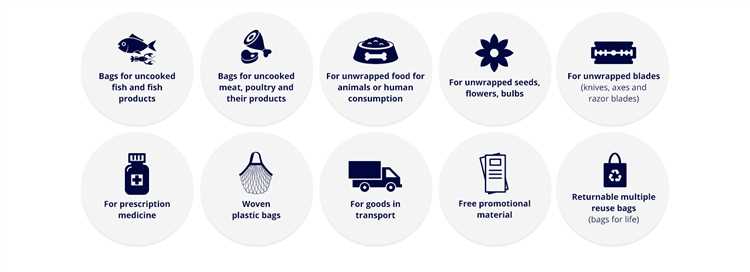
Recycling plays a crucial role in reducing the negative environmental impact caused by the waste we produce. By recycling, we can conserve resources, save energy, and reduce pollution.
One of the main benefits of recycling is resource conservation. When we recycle materials such as paper, plastic, glass, and metal, we can reuse them to create new products. This helps to conserve natural resources like trees, oil, and minerals that would otherwise be extracted from the earth.
In addition to resource conservation, recycling also helps to save energy. The production of new products from recycled materials generally requires less energy compared to using virgin materials. For example, recycling aluminum cans saves up to 95% of the energy required to produce new aluminum from bauxite ore.
Another environmental benefit of recycling is the reduction of pollution. When waste materials are improperly disposed of, they can release harmful substances into the environment, such as toxic chemicals and greenhouse gases. By recycling, we prevent these materials from ending up in landfills or incinerators, reducing the pollution they can cause.
Recycling is not only important for protecting the environment, but it also contributes to a more sustainable future. By adopting recycling practices, we can help to create a circular economy in which materials are constantly reused, reducing the need for extraction and manufacturing of new materials.
In conclusion, recycling has a significant environmental impact by conserving resources, saving energy, and reducing pollution. By making recycling a habit, we can play a critical role in protecting our planet for future generations.
Can You Put Carrier Bags in Recycling Bin?
Many people wonder if they can put carrier bags in the recycling bin. The answer to this question depends on the type of carrier bag you have.
Plastic carrier bags, commonly made from high-density polyethylene (HDPE), are generally not accepted in curbside recycling programs. This is because most recycling facilities are not equipped to properly process these bags. When plastic bags end up in the recycling system, they can cause issues by getting tangled in sorting equipment.
However, this doesn’t mean that plastic carrier bags cannot be recycled. Many large supermarkets and grocery stores have collection points where you can return your plastic bags for recycling. These collection points ensure that the bags are properly recycled and turned into new plastic products.
On the other hand, paper carrier bags are usually accepted in curbside recycling programs. Paper is a recyclable material that can be turned into new paper products. It’s important to remove any handles or metal components from the paper bags before recycling them.
If you’re unsure about whether or not a specific type of carrier bag can be recycled, it’s best to check with your local recycling program or facility. They will be able to provide you with the most up-to-date information on what can and cannot be recycled in your area.
Remember, proper recycling helps reduce waste and conserves valuable resources. So, before tossing that carrier bag in the recycling bin, make sure you know if it’s accepted or if there are alternative recycling options available to you.
Best Practices for Recycling Plastics
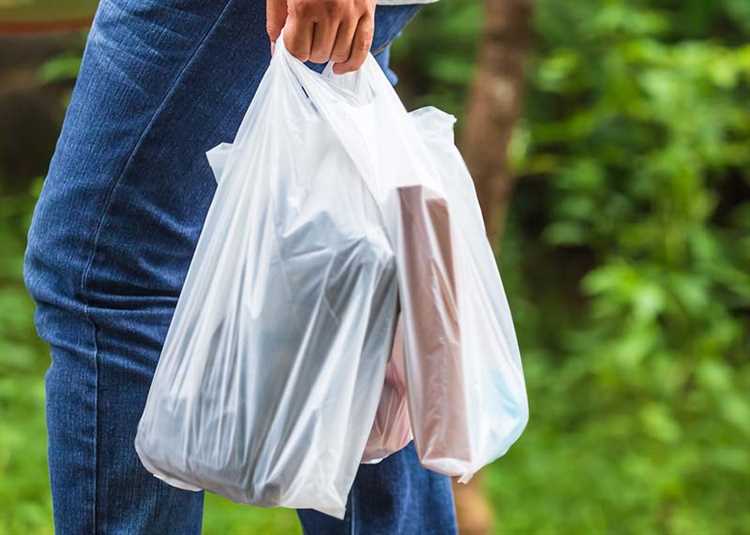
Recycling plastics is an important step towards reducing waste and conserving resources. By properly recycling plastic materials, we can minimize the negative impact on the environment and contribute to a more sustainable future. Here are some best practices to follow when recycling plastics:
1. Check the recycling symbol:
Plastic items are often labeled with a recycling symbol, indicating the type of plastic resin used and whether it can be recycled. Look for symbols with numbers 1-7, as these are generally accepted for recycling.
2. Empty and rinse containers:
Prior to recycling, make sure to empty and rinse plastic containers to remove any residue or food waste. This helps maintain the quality of recyclable materials and prevents contamination.
3. Remove caps and lids:
When recycling plastic bottles or containers, it’s important to remove caps and lids, as these are often made from different plastics that may not be accepted by recycling facilities. Check with your local recycling program for specific guidelines.
4. Flatten plastic bottles:
Flattening plastic bottles can save space in recycling bins and reduce the costs associated with transportation. Simply remove the cap, squeeze out any remaining air, and flatten the bottle before placing it in the recycling bin.
5. Avoid plastic bags in recycling bins:
Most recycling facilities do not accept plastic bags in their curbside recycling programs. Instead, reuse plastic bags or return them to designated drop-off locations, such as grocery stores or recycling centers.
6. Recycle other plastic items separately:
Some plastic items, such as plastic film, bubble wrap, or foam packaging, may need to be recycled separately. Check with your local recycling program for instructions on how to properly recycle these materials.
7. Educate others:
Spread awareness about the importance of recycling plastics by educating your friends, family, and community. Encourage them to follow these best practices and make recycling a part of their daily routine.
By following these best practices, we can all play a role in reducing plastic waste and promoting a more sustainable future. Together, we can make a positive impact on our environment and preserve valuable resources for generations to come.
Tips for Recycling at Home
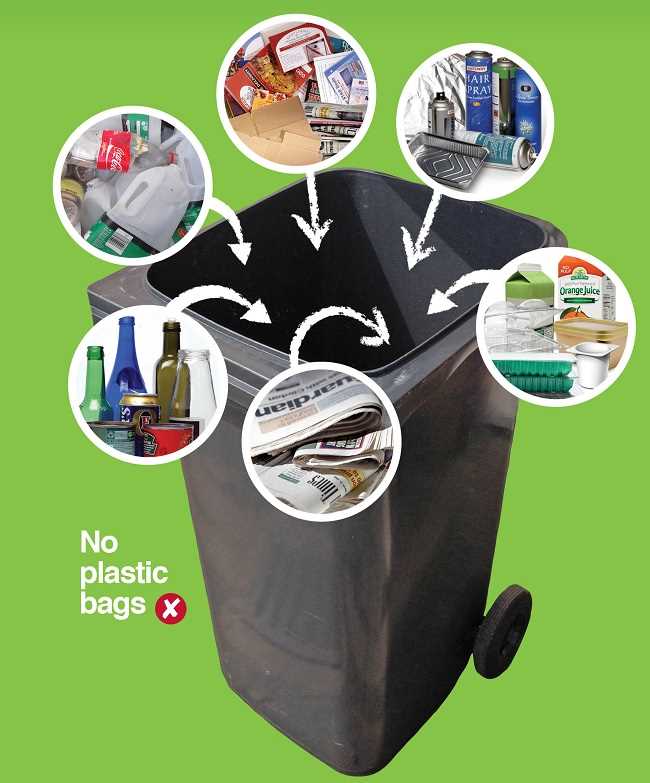
Recycling is an important practice that can help reduce waste and protect the environment. Here are some tips to make recycling at home easier and more effective:
- Familiarize yourself with your local recycling guidelines. Every area may have different rules and regulations for recycling, so take the time to learn what can and cannot be recycled in your community.
- Set up a designated recycling station in your home. This can be as simple as placing a separate bin for recyclables next to your trash can. Make sure it is easily accessible and clearly labeled.
- Rinse out containers before recycling. Empty and clean any bottles, cans, or containers to avoid contamination and improve the chances of those items being successfully recycled.
- Flatten cardboard boxes. Breaking down larger boxes helps save space in your recycling bin and makes it easier for recycling facilities to process them.
- Avoid putting plastic bags in your recycling bin. Most recycling programs do not accept plastic bags, as they can jam up machinery at recycling facilities. Instead, reuse them or bring them to a designated plastic bag recycling drop-off location.
- Look for recycling options for hazardous materials. Items such as batteries, electronics, and certain chemicals should not be thrown in the regular trash. Research local recycling centers or special collection events where you can safely dispose of these items.
- Educate your family and friends about recycling. Spread the word about the importance of recycling and share tips on how to recycle properly. Encourage others to join in and create a greener future.
- Reduce, reuse, and recycle. Remember that recycling is just one part of the waste management hierarchy. Whenever possible, try to reduce your consumption, reuse items, and only recycle as a last resort.
By following these tips, you can make a positive impact on the environment and contribute to a more sustainable future.
Benefits of Recycling
Recycling is an essential practice that has numerous benefits for the environment, society, and the economy. By reducing the amount of waste sent to landfills and conserving natural resources, recycling contributes to a more sustainable future.
1. Environmental Benefits
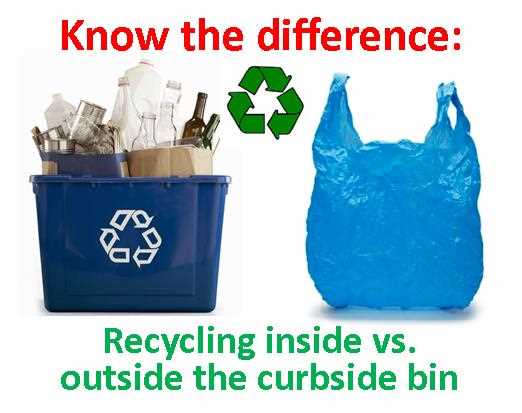
One of the primary advantages of recycling is its positive impact on the environment. By recycling materials such as paper, plastic, glass, and metal, we can reduce the need to extract raw materials from the Earth, which helps to conserve natural resources and preserve ecosystems. Recycling also helps to decrease the amount of waste sent to landfills, reducing the emission of greenhouse gases and minimizing pollution.
2. Energy Conservation
Recycling saves energy compared to manufacturing products from virgin materials. For example, producing new aluminum from recycled aluminum requires only 5% of the energy needed to make aluminum from bauxite ore. Similarly, recycling paper saves up to 65% of the energy used in the production of new paper. By conserving energy, recycling helps to reduce carbon emissions and combat climate change.
3. Economic Benefits
In addition to its environmental advantages, recycling also offers economic benefits. The recycling industry creates jobs and stimulates economic growth. According to the U.S. Environmental Protection Agency, recycling and reuse activities in the United States accounted for $76 billion in gross output in 2019 and supported approximately 700,000 jobs. Recycling also helps to reduce waste disposal costs for communities and businesses, as it is often cheaper to recycle materials than to dispose of them in landfills.
By recycling, we can all contribute to a healthier planet and a more sustainable future. It is crucial to educate ourselves and others about the benefits of recycling and to actively participate in recycling programs in our communities.
Conclusion
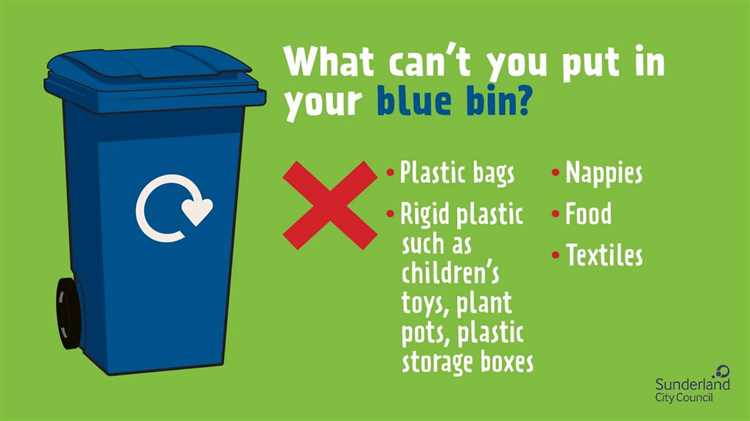
Recycling is a powerful tool that offers numerous benefits for the environment, society, and the economy. By conserving resources, saving energy, and creating jobs, recycling plays a crucial role in building a sustainable future for generations to come.
Q&A:
Can carrier bags be recycled?
Yes, carrier bags can be recycled, but they must be taken to a recycling center or a supermarket that accepts them. They cannot be placed in the regular recycling bin.
What should I do with carrier bags if I can’t recycle them?
If you cannot recycle your carrier bags, you can try reusing them for other purposes, such as grocery shopping or storing items. You can also donate them to charities or organizations that may be able to use them.
Why can’t carrier bags be put in the regular recycling bin?
Carrier bags cannot be put in the regular recycling bin because they are made of a different type of plastic that can clog the recycling machinery. In addition, they are lightweight and can get caught in the sorting equipment, causing damage and disruptions.
Where can I find recycling centers that accept carrier bags?
You can find recycling centers that accept carrier bags by checking with your local municipality or waste management organization. Alternatively, you can contact nearby supermarkets or stores to see if they have recycling programs for carrier bags.
Are all carrier bags recyclable?
No, not all carrier bags are recyclable. Some bags may be made from a type of plastic that cannot be effectively recycled. It is important to check the packaging or labels on the bags to see if they can be recycled or if alternative disposal methods are recommended.
Is it possible to recycle carrier bags?
Yes, carrier bags can usually be recycled.
Can carrier bags be put in the recycling bin?
Yes, carrier bags can be placed in the recycling bin, but it depends on your local recycling program. Some recycling programs accept them, while others do not.